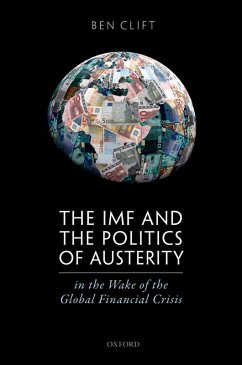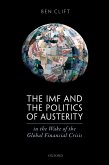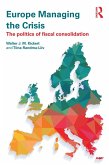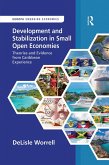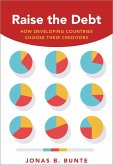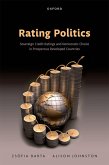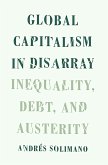This book explores the IMF's role within the politics of austerity by providing a path-breaking comprehensive analysis of how the IMF approach to fiscal policy has evolved since 2008, and how the IMF worked to alter advanced economy policy responses to the global financial crisis (GFC) and the Eurozone crisis. It updates and refines our understanding of how the IMF seeks to wield ideational power by analysing the Fund's post-crash their ability to influence what constitutes legitimate knowledge, and their ability fix meanings attached to economic policies within the social process of constructing economic orthodoxy.This book is interested in the politics of economic ideas, focused on the assumptive foundations of different approaches to economic policy, and how the interpretive framework through which authoritative voices evaluate economic policy is an important site of power in world politics. After establishing the internal conditions of possibility for new fiscal policy thinking to emerge and prevail, detailed case studies of IMF interactions with the UK and French governments during the Great Recession drill down into how Fund seeks to shape the policy possibilities of advanced economy policy-makers and account for the scope and limits of Fund influence. The Fund's reputation as a technocratic, scientific source of economic policy wisdom is important to for its intellectual authority. Yet, as this book demonstrates, the Fund makes normatively driven interventions in ideologically charged economic policy debates. The analysis reveals the malleability of conventional wisdoms about economic policy, and the processes of their social construction.
Dieser Download kann aus rechtlichen Gründen nur mit Rechnungsadresse in A, B, BG, CY, CZ, D, DK, EW, E, FIN, F, GR, HR, H, IRL, I, LT, L, LR, M, NL, PL, P, R, S, SLO, SK ausgeliefert werden.

